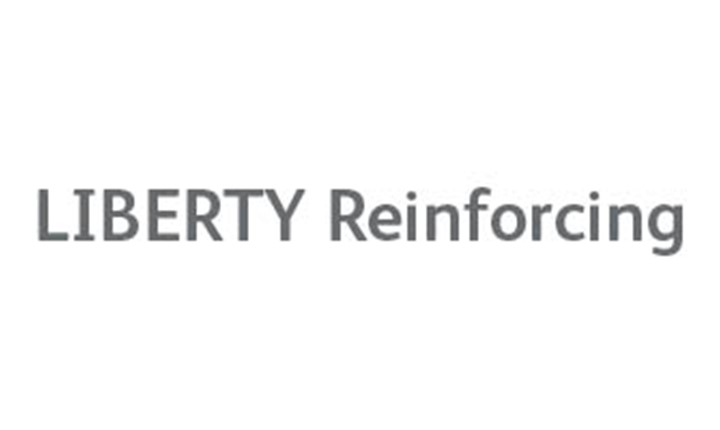
Liberty Reinforcing and piling contractor Keller have collaborated on Adelaide’s Darlington Upgrade Project to ensure steady supply of reinforcing steel.
Several infrastructure projects underway in South Australia are stoking demand for quality steel and the state’s steel supply chain has proved it is equal to the task.

One such project is the Darlington Upgrade, for which Liberty Reinforcing has supplied approximately 8000 tonnes of reinforcing steel.
The Darlington Upgrade Project is a modernisation of approximately 3.3km of the existing Main South Road south of the Adelaide CBD. The section of road carries up to 70,000 vehicles per day and acts as a major arterial route to and from the CBD connecting Adelaide’s southern suburbs. It’s also a critical part of the city’s ambitious North–South Corridor public works program, which aims to streamline traffic, including freight vehicle traffic, heading north and south from the city centre.
Bridge beams are being assembled into two 3000-tonne bridges, one installed in August and the other in September 2018 and willbe moved into place with the use of self-propelled modular transporters.

South Australia’s Department of Planning, Transport and Infrastructure (DPTI) has engaged Gateway South (a joint venture comprising Fulton Hogan and Laing O'Rourke, together with design partners KBR, Jacobs and SMEC) to design and construct the Darlington Upgrade Project.

Liberty Reinforcing’s Matt Bell says the company’s supply contract has comprised two main components – these being approximately 4000 tonnes of supply of reinforcing steel directly to Gateway South and over 4000 tonnes of prefabricated pile cages to piling contractor Keller.
“The amount of piling in this project presented a real challenge for us,” Matt says. “It was the largest piling job ever to be undertaken in South Australia and it just so happened to run concurrently with another project that required a similar number of pile cages – the Torrens Rail project.”
Liberty Reinforcing met demand by setting up an additional facility at Angle Park and by scaling up both machinery numbers and workforce hours.
“We’ve gone from a position where we had one pile cage machine in the business to having five machines,” Matt says. “These pile cages also had a significant amount of manual welding which meant the two-stage fabrication process between automatic cage machine and manual completion required intricate planning and attention to detail. Our investment in sophisticated technical equipment enabled this process to be streamlined, allowing us to maximise our production output.”
In addition, there were logistical challenges associated with transporting the reinforcing cages to site. With some of the cages up to 21 metres in length, a dedicated fleet of trailers were needed to manage the job. Oversize loads of this type can only travel in off-peak hours and often required traffic escorts.
The Darlington Upgrade Project is due to complete in 2019.
Images courtesy SA Department of Planning, Transport and Infrastructure


